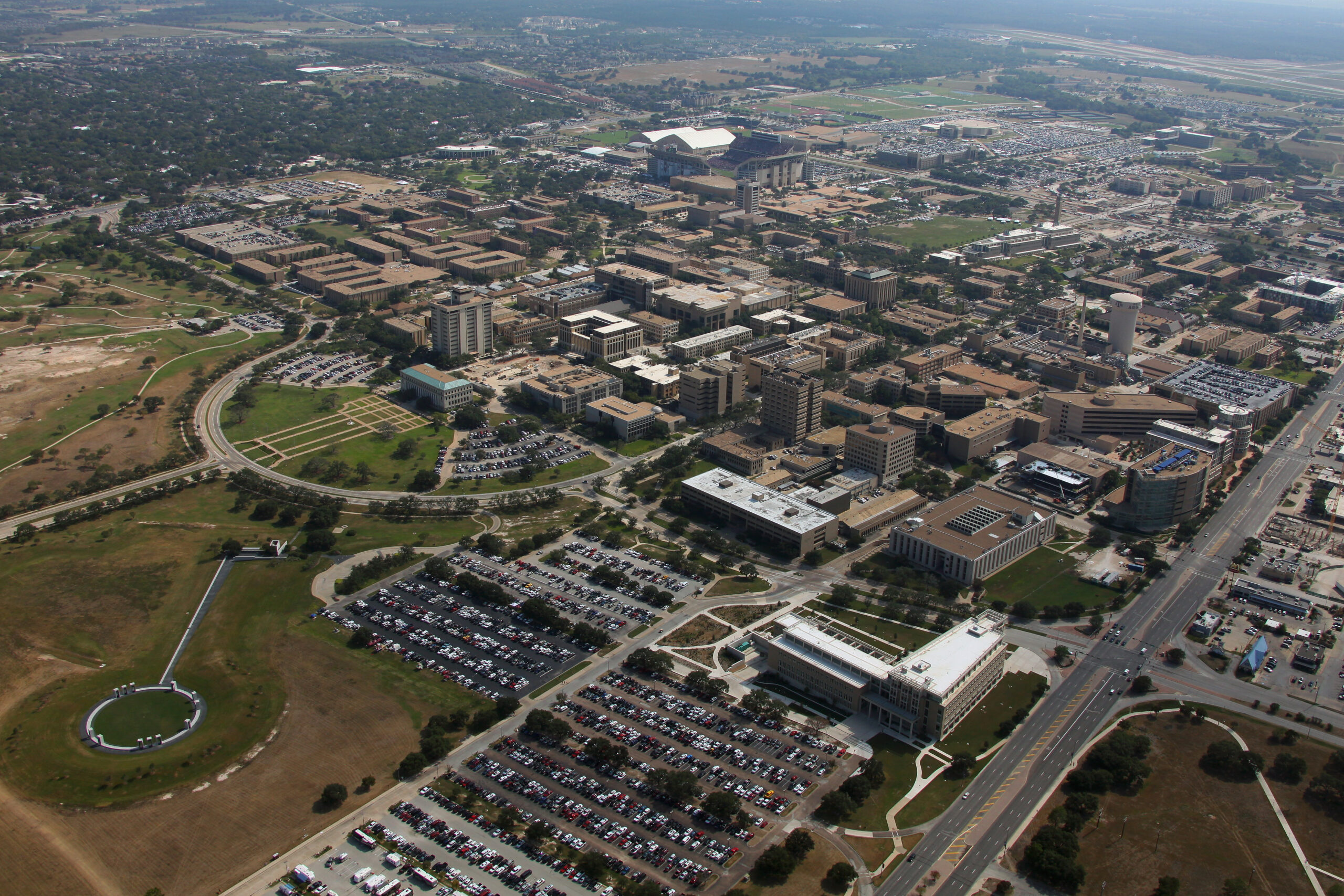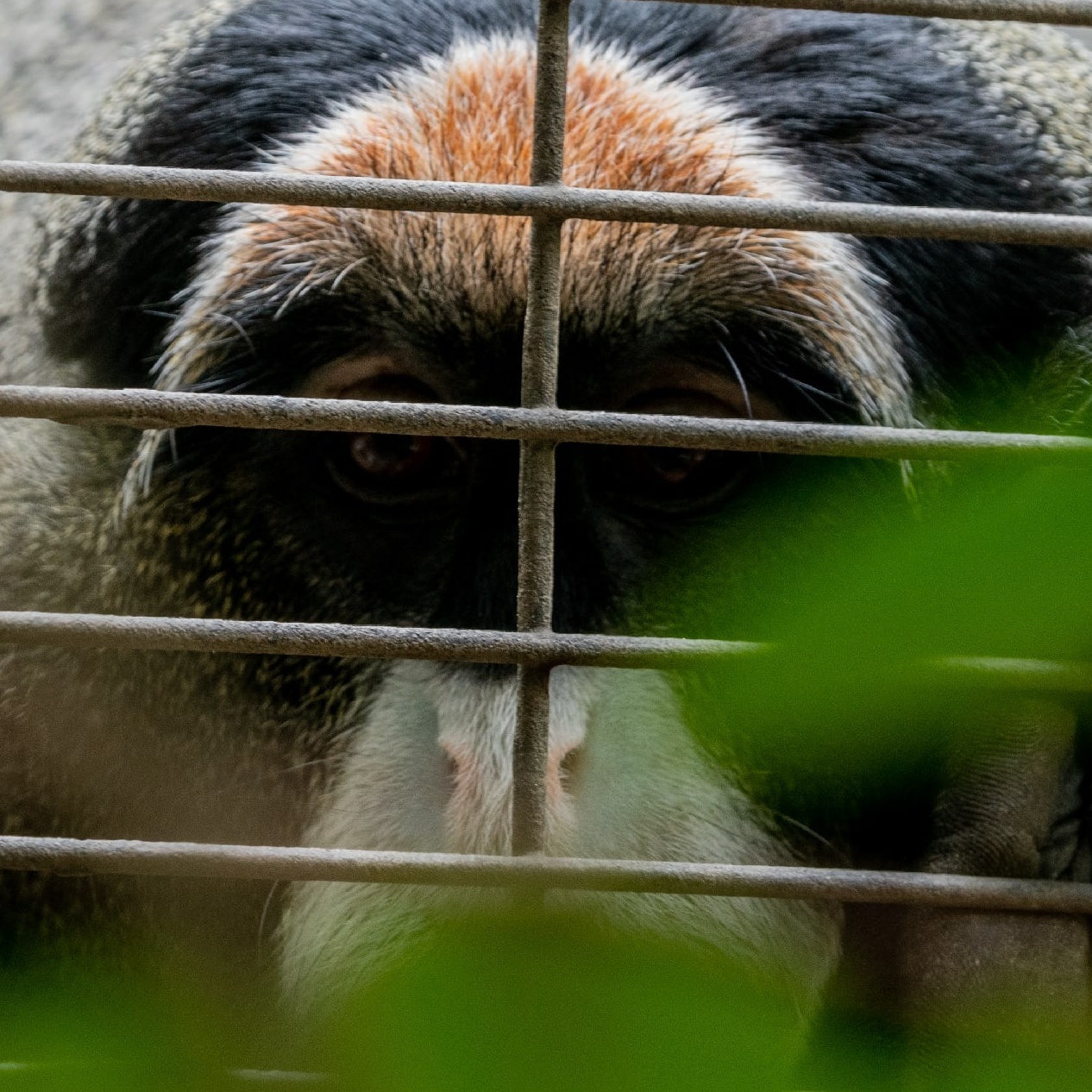As you read this, keep in mind Qingdao is the strategic port city where China has one of its two exascale supercomputers. (Also yes Qingdao=Tsingtao)
Text:
Texas A&M Shut Down a Major Climate Change Modeling Center in February After a ‘Default’ by Its Chinese Partner
The abrupt closure of the college's climate lab came the same month that Sen. Marco Rubio pressured universities to cut ties with a Chinese institution affiliated with A&M's research.
By Kristoffer Tigue, Inside Climate News and Samantha Ketterer, Houston Chronicle April 7, 2022
HOUSTON—U.S. Sen. Marco Rubio in February mailed letters to 22 U.S. universities: Cut ties with Chinese institutions that have previously “ensnared” scholars in schemes to steal valuable information, he wrote. China’s military, he said, is attempting to acquire and develop cutting-edge technology, sometimes through theft under the guise of academic collaboration.
Texas A&M University and its governing system responded one day later with a letter to the Florida senator. They had already “mitigated” or eliminated 200 A&M “instances of activity” with evidence of foreign influence, including a climate modeling center called the International Laboratory for High-Resolution Earth System Prediction, according to the letter written by administrators.
The university system coordinates with the FBI on a “near daily basis,” the administrators said. And one affiliation that Rubio specifically questioned—Ocean University in Qingdao—is being severed, according to the letter.
The correspondence provides the clearest picture to date on the Texas A&M University System’s attempts to extensively monitor other countries’ involvement in its research. But more broadly, it raises questions about the conflict between universities’ research goals and policymakers’ concerns about foreign interference in U.S. research and technology.
“International research collaboration provides valuable opportunities to advance scientific knowledge, but can also present challenges and risks, all of which we are aware,” A&M President M. Katherine Banks and System Chancellor John Sharp said in the note. “When the decision is made to enter an international research collaboration, risks are identified and measures are put in place to mitigate those risks.”
A&M’s letter to Rubio went unnoticed for months, being publicly shared only on a brief Twitter exchange between the state university and the senator. The university did not immediately disclose names of the specific “instances” (which A&M officials said were contracts) that A&M altered or canceled, but the security review led the university to scrutinize the international climate research laboratory.
The lab, which began in 2018, used one of the world’s fastest supercomputers to run complex climate modeling simulations that researchers said would “establish Texas A&M University as the leader in climate modeling” and provide a more accurate foundation for future climate studies.
The project was abruptly terminated by A&M in February about halfway through its planned five-year timeline, however. The university said the official reason for terminating the program was because the Qingdao National Laboratory for Marine Science and Technology defaulted on its contract, missing a $2 million payment by about 11 months. But A&M’s research security methods would have led to the eventual cancellation of the program, said A&M System Chief Research Security Officer Kevin Gamache.
News of the climate laboratory’s termination came as a surprise to some in the science community, who worry that deteriorating relationships between the U.S. and countries such as Russia and China could hinder international collaboration around climate research at a time when they say cooperation is most needed.
“The idea that we should stop basic scientific research, particularly in problems as pressing as climate change, or curtail it because of geopolitical concerns is deeply counterproductive,” said Zeke Hausfather, senior fellow at the Breakthrough Institute, an environmental-research group in California. “To the extent that this particular program was a casualty of that, it seems very problematic.”
The ‘China Initiative’ Concerns about Chinese academic interference stem in part from the Trump administration, which implemented a Justice Department-led effort to crack down on Beijing’s theft of American intellectual property through espionage. Lawmakers and government agencies have put concerted pressure on universities across the country to be wary—especially of researchers who don’t disclose their foreign affiliations.
Some of those universities have fired such professors; other researchers have been federally indicted as alleged risks to national security. (One was from A&M: A longtime professor in 2020 was charged in federal court with wire fraud, false statement and conspiracy for allegedly hiding an association with China that would have prohibited him from participating in a six-figure NASA grant. His case is still pending.)
Civil rights groups all the while criticized the Justice Department’s so-called “China Initiative” for causing a domino effect of discrimination against Asian-Americans, and after years of investigations on campuses, the Department of Justice ended the law enforcement program in February.
Regardless, intellectual property investigations at universities remain a priority, FBI officials said.
“The FBI Counterintelligence Program has never wavered on investigating the theft of Intellectual Property,” said FBI Houston Counterintelligence Task Force Supervisory Special Agent Tam Dao. “IP theft threatens our nation’s economic competitiveness and jeopardizes U.S. leadership in the areas of industrial innovation, emerging science and technology.”
Rubio’s request to the A&M system came Feb. 8, weeks before the end of the Justice Department program. He urged the 22 universities to terminate academic and research partnerships with Chinese universities that support Beijing’s military-civil fusion strategy—a term that refers to the People’s Liberation Army’s efforts to become the most technologically advanced military in the world. National security experts say that the People’s Republic of China approaches the strategy sometimes through theft of other countries’ secrets and property.
Two of the 22 universities in Rubio’s letter are in Texas: University of Texas-Dallas and Texas A&M University.
UT-Dallas President Richard C. Benson also responded to Rubio’s specific questions about partnerships with Southeast University in Nanjing, China.
The only current program with Southeast University is a two-week, bi-directional summer exchange program, and that agreement is set to expire in 2023. No joint research takes place, and UT-Dallas doesn’t host any faculty, graduate students or visiting scientists, Benson said in a March 14 letter.
“We assure you that the University shares your concerns about threats to our national security,” Benson said. “We are particularly grateful for the assistance that we receive from our local FBI field office in this regard. The University is very careful about its international partnerships—not only when selecting partners but also in determining the appropriate scope of collaborative activities with each partner. We do not do anything that would advance subject-specific opportunities to harm the United States.”
The Climate Lab In 2018, Texas A&M University, the National Center for Atmospheric Research in Colorado and the Qingdao Pilot National Laboratory for Marine Science and Technology, a climate lab based in China, started the partnership in part to address a growing problem in climate research.
As climate models have become more accurate, they’ve also required more powerful computers to handle the increasingly complex algorithms used in making their predictions. Researchers say climate models require some 10,000 times more computing power to run today than they did when climate modeling work started back in the early 1990s.
That’s one area where U.S. climate scientists saw an opportunity with their counterparts in China. Of the mere hundreds of supercomputers around the world that are powerful enough to run complex climate models, only a fraction of them are available in the U.S. for such research, scientists say—and even then, the projects have to compete for time on the machines.
By partnering with the Chinese institution, A&M researchers gained access to China’s Sunway TaihuLight supercomputer, which in 2016 was considered to be the world’s fastest. It’s capable of trillions of calculations per second and once simulated the Universe with 10 trillion digital particles.
Researchers with the climate lab were using the computer to generate “high-resolution” simulations of the Earth’s climate, capable of delving further into just how complex climate and weather patterns will interact with rising carbon dioxide emissions. By doing so, they hoped to provide a new foundation for climate researchers to better predict the dangers humanity faces as the climate crisis worsens.
The lab “will establish Texas A&M University as the leader in climate modeling,” Jack Baldauf, Texas A&M senior associate vice president for research, said in a 2019 press release.
But in February, Texas A&M abruptly shut down the program, posting a notice on its website and deleting many of the project’s web pages and data.
The laboratory has documented ties to Ocean University—the institution that Rubio asked about in his letter to the A&M System Chancellor. Lixin Wu, the director of Qingdao Pilot National Laboratory for Marine Science and Technology, is also the vice president of Ocean University. And Kehou Pan, a biology professor at Ocean University, sits on the lab’s steering committee, according to a project overview document obtained by ...
Obviously a lot of this is your garden variety red-scare insanity, but it does feel symptomatic of the US's broader push to isolate itself not just from other countries but progress in general.
China can't steal your secrets if you're 30 years behind in tech, academia, and 100+ in public policy.
Well that's too bad. It's good that scientific progress and cooperation can be held captive by the likes of Senator Rubio.
I'm pretty much constantly losing my mind at how stupid and racist everyone is. An Australian friend mentioned that their universities were filled with Chinese spies and I googled it and the only sources I could find were 1. RFA 2. Some professor and 3. a Chinese defector.
Zero critical thinking. The TV man said it, so it's true.




